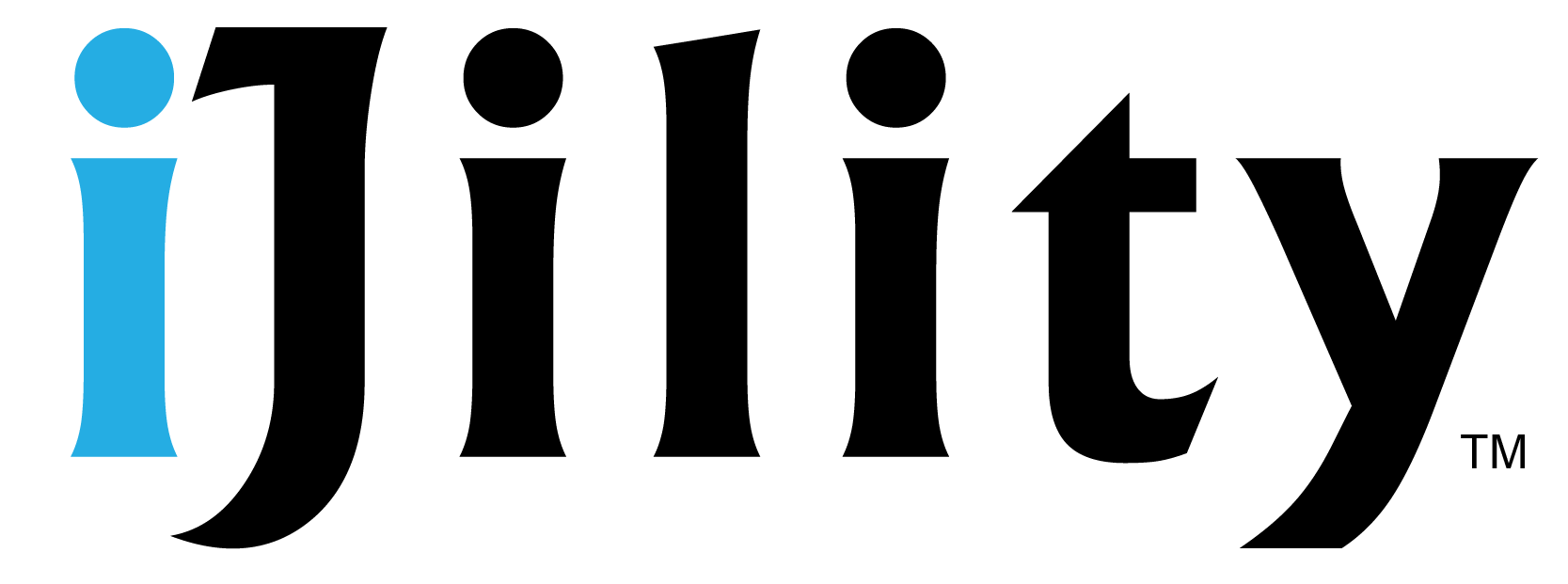
As wages continue to rise, businesses must navigate this reality with care. If you’re in a leadership role, you’re likely feeling the pressure to manage costs while still delivering high-quality products or services. Striking this balance is challenging, but it’s essential for the long-term success and sustainability of your organization.
Maintaining quality as wages increase is crucial for several reasons. Most importantly, it’s what your customers expect and deserve. Compromising on quality can lead to dissatisfied customers, a damaged reputation, and ultimately, loss of business. Moreover, declining quality can result in costly rework, waste, and inefficiencies that erode your bottom line. In a time of rising costs, you simply can’t afford to let quality slide.
So, how can you ensure that your organization continues to deliver exceptional quality while managing the impact of rising wages? It starts with a proactive, strategic approach that focuses on workforce development, operational efficiency, and employee engagement. By implementing the right strategies and embracing innovative solutions, your business can not only survive economic challenges but also outperform the competition.
Why Rising Wages Impact Quality
In a tight labor market characterized by inflation and increasing costs, many businesses are under pressure to raise wages to attract and retain top talent. While higher wages benefit employees, they also present challenges for organizations striving to maintain profitability and competitiveness.
When labor costs rise without a corresponding increase in productivity or efficiency, it can strain a company’s bottom line. Some businesses may be tempted to cut corners on quality to offset these higher costs. However, this short-sighted approach can have serious long-term consequences.
Maintaining quality is essential for building customer loyalty, protecting your brand reputation, and driving long-term growth. Customers expect and deserve consistent, high-quality products and services, regardless of economic conditions. By prioritizing quality even in the face of rising wages, you can differentiate your business and build a strong foundation for success.
How to Ensure Quality While Managing Rising Wages
Ensuring quality while managing rising wages requires a comprehensive approach that addresses both costs and the human element. It’s not enough to simply cut expenses or enforce strict quality control measures; you also need to invest in your workforce, optimize your operations, and foster a culture of excellence.
Balancing cost management and quality control can be challenging, but it’s a necessary skill for successful organizations. By implementing strategies that enhance efficiency, productivity, and employee engagement, you can mitigate the impact of rising wages while continuing to deliver exceptional quality to your customers.
Invest in Workforce Training
- Upskill your workforce: Continuous training is essential for improving the skills and capabilities of your team. By investing in your employees’ development, you can increase productivity, reduce errors and waste, and drive higher-quality output. Focus on both job-specific skills and soft skills such as communication, problem-solving, and teamwork.
- Optimize your workforce: Leveraging workforce optimization techniques can help you maximize the potential of your team. By analyzing data and applying engineering principles to workforce management, you can streamline processes, reduce inefficiencies, and enhance productivity. This approach can help offset rising wages while maintaining or even improving quality.
Implement Performance-Based Incentives
- Reward high performers: Incentives such as bonuses, rewards, and recognition programs can drive quality and productivity. By linking incentives to specific performance metrics, you can motivate employees to exceed expectations and deliver outstanding results. This not only justifies higher wages but also enhances overall quality.
- Set clear expectations: For performance-based incentives to be effective, it’s crucial to set clear, measurable goals and communicate them to your team. Goals might include meeting specific quality targets, reducing waste or rework, or improving customer satisfaction scores. Aligning incentives with key performance indicators ensures that your team focuses on the outcomes that matter most to your business.
Optimize Operational Efficiency
- Streamline processes: Improving processes and workflows can reduce waste, minimize errors, and increase efficiency. Look for opportunities to automate repetitive tasks, eliminate bottlenecks, and enhance communication and collaboration across teams. By optimizing your operations, you can lower costs and improve quality simultaneously.
- Leverage workforce solutions: Effective workforce management ensures that you have the right people in the right roles at the right time. Consider flexible staffing, skills-based scheduling, or predictive analytics to better forecast labor needs. A data-driven approach to workforce management can optimize resources and maintain consistent quality.
Enhance Employee Engagement
- Build a positive culture: A positive, supportive work culture boosts morale, motivation, and productivity. When employees feel valued, respected, and engaged, they are more likely to excel and take pride in their work. Focus on creating an environment of trust, collaboration, and continuous improvement.
- Offer non-monetary benefits: While competitive wages are important, other factors also contribute to employee satisfaction and engagement. Offering non-monetary benefits like flexible schedules, remote work options, or recognition programs can show employees that you value their contributions. A holistic approach to employee engagement fosters a loyal, high-performing team that consistently delivers quality.
Implement Quality Control Measures
Establishing and upholding strict quality standards is critical to ensuring that your products or services meet customer expectations. Regular quality audits help identify areas for improvement and allow for corrective action before issues escalate.
By setting clear quality metrics and monitoring them closely, you can hold your team accountable and ensure that everyone is striving to meet high standards. Utilizing technology and data analytics can make quality control more efficient and effective, enabling you to catch potential problems early and make informed decisions.
Review and Adjust Compensation Packages
While rising wages may pressure your bottom line, remember that compensation is just one part of attracting and retaining top talent. Developing comprehensive compensation programs that align with your business goals can help you stay competitive while managing costs.
Regularly review and adjust your compensation packages to reflect market trends and industry benchmarks. Incorporate performance-based incentives, bonuses, and non-monetary benefits into your compensation strategy to motivate your team and support your quality goals.
By implementing these strategies and maintaining a focus on quality, you can navigate the challenges of rising wages and position your business for success.
At iJility, we’re here to help you optimize your workforce, streamline operations, and deliver exceptional results. Schedule a discovery call to learn how we can support your success.

